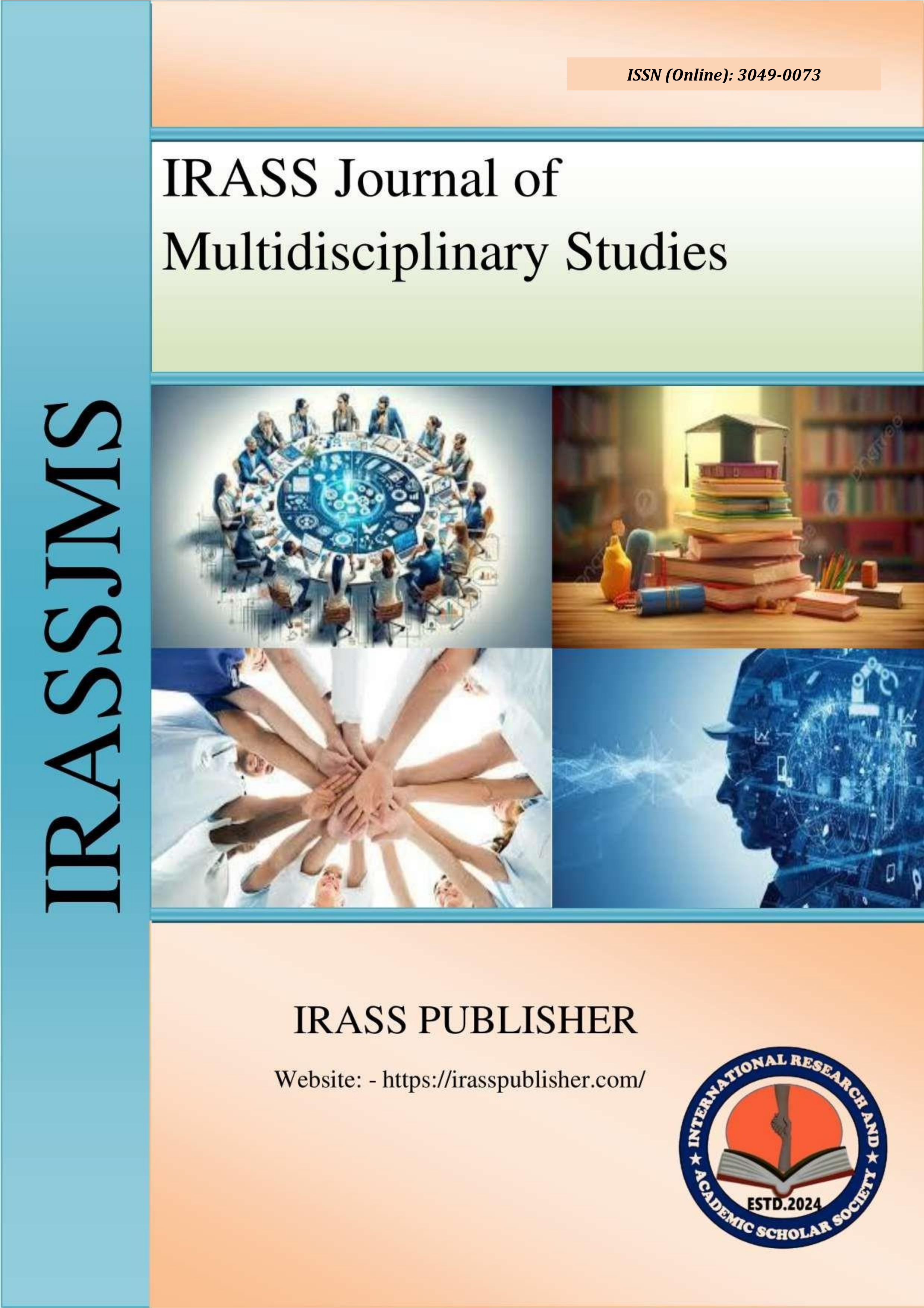Stakeholder Perceptions of the Basic Education Certificate Examination (BECE) in Oyo State: A CIPP Evaluation
Sr No:
Page No:
19-25
Language:
English
Authors:
Folake Sarah Olaniyan*, Olubunmi Christianah Olagundoye, PhD
Received:
2025-03-28
Accepted:
2025-04-11
Published Date:
2025-04-15
GoogleScholar:
Click here
Abstract:
This study aimed at investigating the perception of the stakeholders who are
the implementers of the Basic Education Certificate Examination (BECE) programme, using
Context, Input, Process and Products (CIPP) model of evaluation. The objectives of the
study is to determine if the subject content meet the relevance of the curriculum while
stakeholders are implementing teaching, learning procedures. And to determine if the
curriculum content of BECE provides continuity from primary level to junior secondary
level. This study spans through the 33 local education divisions in Oyo State. The sampling
technique adopted for the schools is the stratified random sampling method. The Local
Inspectorate Education (LIE) in each local government area., were grouped into 3 cluster of
eleven (11) schools each. Of the eleven schools, one school was selected in each cluster
making a total of three (3) school were selected as sample for the study. In order to guide
the study, three (3) research questions were raised. The study explored both descriptive
and inferential statistics for the analyses of the data. The research instruments include;
Teacher perception of BECE (TP/BECE), School Managers Perception of BECE (SMP/BECE)
and Policymakers Perception of BECE (PP/BECE). Fifteen (15) participants from each
education divisions are selected for the study, making a total of 45 participants in Oyo
State. The result was based on the minimum standards of requirement in the philosophy of
BECE in Nigeria, teachers are required to attend at least one capacity training course in
every two years for their professional development. The following conclusion were raised:
equipping the teachers with adequate knowledge about BECE examination, update
information about the processes and procedures of the examination, The policymaker
should also be involved in continuous update of the content of study. The results obtained
was used to draw conclusion about each stakeholders’ perception of BECE programme. The
study further gave some recommendations that, federal and state government should
ensure that adequate instructional resources and equipment are provided and that
teachers are trained on how to apply such resources in teaching learning.
Keywords:
Evaluation, Perception, Stakeholders, Basic Education Certificate Examination (BECE), Content, Input, Process and Product (CIPP) Model.
Journal: IRASS Journal of Multidisciplinary Studies
ISSN(Online): 3049-0073
Publisher: IRASS Publisher
Frequency:
Monthly
Language:
English

